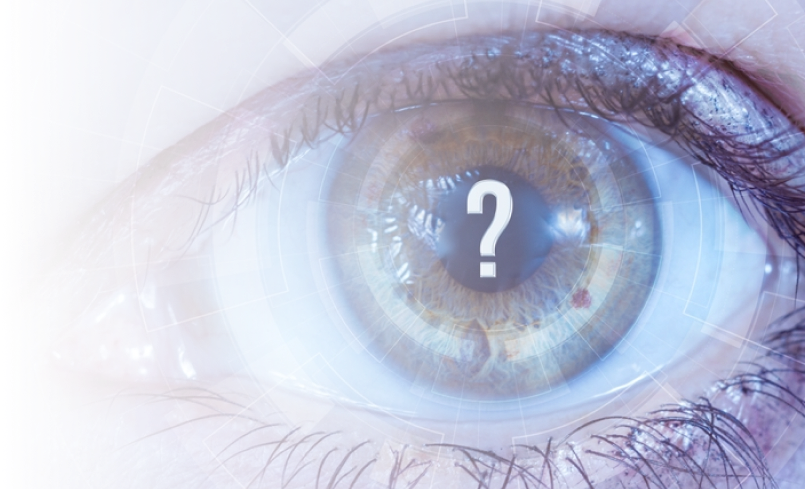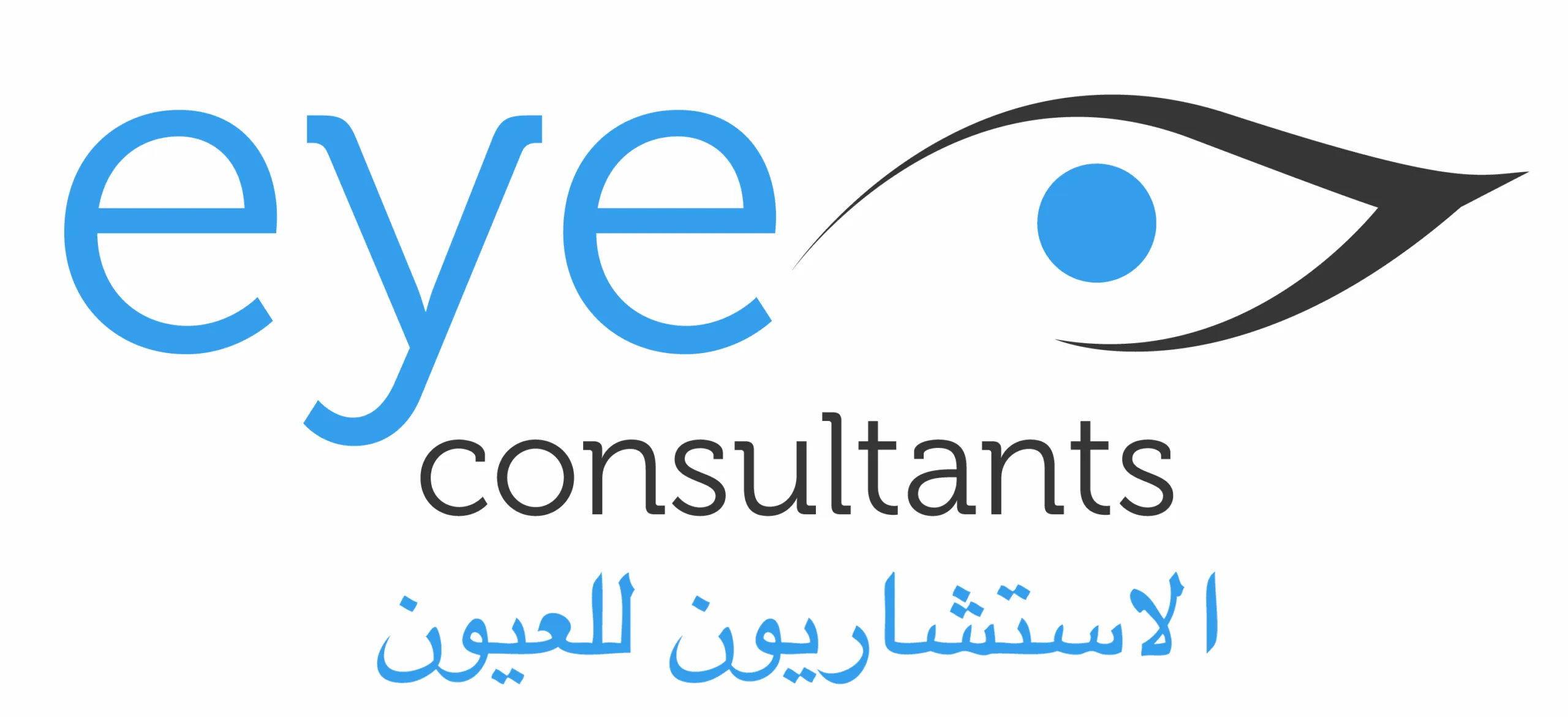Frequently Asked Questions

A: During your consultation:
Comprehensive Eye Examination: A thorough assessment of your eye health and vision.
Discussion of Options: Our specialists will explain your diagnosis, recommend treatments, and answer any questions you have.
Customized Plan: You’ll receive a personalized treatment plan tailored to your needs and goals.
A: We provide a full range of eye care services including:
Vitreoretinal Disease Treatment
Squint & Pediatric Consultation
Corneal Treatment
Laser & Refractive Surgery
Glaucoma Treatment
Cataract Treatment
Myopia Treatment
Oculoplastic Procedures
Contact Lenses & Low Vision Care
Diabetic Eye Disease Management
Dry Eye Treatment
Advanced Eye Investigations
For more information or to schedule your consultation, contact us today!
A: We provide a full range of eye care services including:
Vitreoretinal Disease Treatment
Squint & Pediatric Consultation
Corneal Treatment
Laser & Refractive Surgery
Glaucoma Treatment
Cataract Treatment
Myopia Treatment
Oculoplastic Procedures
Contact Lenses & Low Vision Care
Diabetic Eye Disease Management
Dry Eye Treatment
Advanced Eye Investigations
For more information or to schedule your consultation, contact us today!
A: Booking an appointment is simple:
Online: Visit our website and use our online booking system or message us on our Facebook Page.
Phone: Call our clinic directly to speak with our staff and schedule your consultation.
WhatsApp: Send us a WhatsApp through 050 1235979
A: Bring any previous eye prescriptions, a list of current medications, and information about your medical history. If you wear contact lenses, it’s recommended to stop wearing them for at least 3 days before your consultation to ensure accurate measurements. This will help our specialists create a tailored treatment plan for you.
A: Bring any previous eye prescriptions, a list of current medications, and information about your medical history. If you wear contact lenses, it’s recommended to stop wearing them for at least 3 days before your consultation to ensure accurate measurements. This will help our specialists create a tailored treatment plan for you.
FAQs Cataract
A: Cataract surgery is a procedure to remove a cloudy lens (cataract) from the eye and replace it with a clear artificial lens. It’s typically recommended when cataracts cause vision impairment that interferes with daily activities. Eye Consultants offer advanced cataract surgery with options for premium intraocular lenses (IOLs) that can correct other vision issues simultaneously.
A: Arrange transportation: Ensure you have someone to drive you home after the procedure.
Follow medication instructions: Your doctor may prescribe eye drops or medications to use before surgery; follow these instructions carefully.
Wear comfortable clothing: Choose loose, comfortable clothing for the day of the surgery.
Discuss any medications: Inform your doctor about any medications you’re taking to see if adjustments are needed.
A: After cataract surgery, follow these post-surgery care instructions:
Rest: Avoid strenuous activities for at least a week.
Protect your eyes: Wear protective sunglasses outdoors, and avoid getting water or soap in your eyes while bathing for at least a week.
Eye drops: Use the prescribed eye drops to prevent infection and promote healing.
Follow-up visits: Attend all scheduled appointments to monitor your recovery and address any concerns.
FAQs Lasik
A: LASIK (Laser-Assisted In Situ Keratomileusis) is a popular refractive surgery that corrects vision issues like myopia, hyperopia, and astigmatism. During the procedure, a laser reshapes the cornea to improve how light is focused on the retina, resulting in clearer vision. At Eye Consultants, we offer advanced LASIK techniques tailored to your unique vision needs.
A: The main LASIK techniques include:
Standard LASIK: Involves creating a flap in the cornea using a microkeratome or laser and reshaping the cornea with a laser.
Custom LASIK: Uses detailed measurements of your eye to guide the laser for a more personalized correction.
Bladeless LASIK (Femto-LASIK): Uses a laser to create the corneal flap instead of a blade, offering more precision.
SMILE (Small Incision Lenticule Extraction): A minimally invasive technique that doesn’t require creating a flap, ideal for specific vision conditions.
At Eye Consultants, our specialists will recommend the best technique based on your eye health and vision goals.
A: Preparation steps include:
Pre-surgery consultation: A thorough eye examination to determine your eligibility and discuss the best procedure for you.
Stop wearing contact lenses: Discontinue use 3 days before the procedure to allow your corneas to return to their natural shape.
Medication and instructions: Follow any specific instructions given by your surgeon, such as avoiding makeup and arranging for transportation on the day of surgery.
Stay hydrated and well-rested before your surgery for optimal recovery.
A: Post-surgery care includes:
Rest: Avoid strenuous activities for at least a week.
Protect your eyes: Wear protective sunglasses outdoors and avoid water exposure (e.g., swimming) for at least a week.
Eye drops: Use the prescribed eye drops to prevent infection and promote healing.
Follow-up visits: Attend all scheduled appointments to monitor your recovery and address any concerns.
A: LASIK is generally not painful. Numbing eye drops are applied before the procedure, so you won't feel any discomfort during the surgery. Some patients experience mild pressure, but it’s temporary. After the procedure, you might feel slight irritation or dryness, which typically resolves within a day or two.
A: Ideal candidates for LASIK are adults over 18, have stable vision prescriptions for at least a year, and have healthy corneas. Certain conditions like severe dry eyes, thin corneas, or specific health issues may affect eligibility. A thorough consultation at Eye Consultants will determine if LASIK is right for you.
A: While LASIK is generally safe, potential risks include dry eyes, glare, halos around lights, and under- or over-correction. Most side effects are temporary and resolve during the recovery period. Serious complications are rare, especially when performed by experienced surgeons like those at Eye Consultants.

